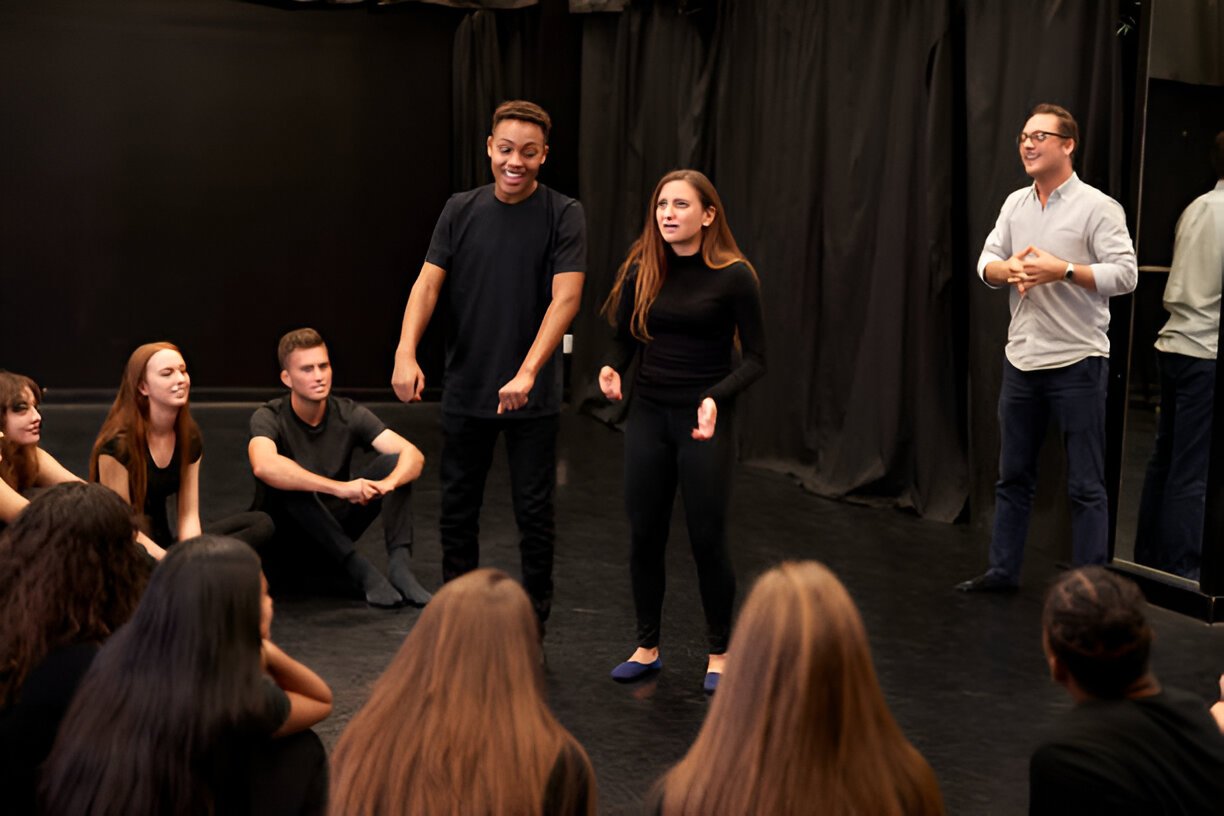Sometimes we miss the great chance of tutoring since we feel so ashamed about meeting with a professor personally. All of the professors provide us their tutoring schedule at the start of the academic year; we usually overlook it until we have to get ready for our final project or request an exam review. We have to change our perspective; tutoring is a necessary tool for every student; thus, missing its several advantages is a mistake. Let’s start getting used to tutoring right away if we wish to simplify our road to our e-degree.
Prepare questions in advance
Arriving with a clear head will help you to maximize tutoring. We should go over the course content and jot down any questions or subjects we wish to address the teacher before showing up. Arriving to the tutoring session knowing the ideas or subjects we wish to cover is crucial. This implies having gone over the content, tried to complete the exercises, or considered any areas that perplex us. While it might be tempting to pay someone to take my exam, engaging fully in tutoring sessions is a far more rewarding and ethical approach. In this sense, we maximize our time with the teacher and show a strong desire in answering any questions. This will not only enable the instructor to promptly and precisely grasp our worries and prevent her from feeling as though we are squandering their time, but also help us to better arrange the conversation. By means of a list of particular questions or remarks, we can maximize our tutoring time.
Let’s not wait until the problem is huge
Attending a tutoring session after a problem becomes challenging is one of the most common mistakes. Ideally, show up consistently, particularly in the early going when questions start to surface. Early resolution of minor problems helps us avoid building more major problems as the semester runs on. We have to keep in mind that something we do not know at first could develop into a massive pile-up that results in our failing the whole course. Not only to answer immediate questions, but tutoring sessions also provide a forum for direction on how to approach a project or study better.
Never go to a tutoring session empty-handed.
Bringing all the tools required class notes, exercises we didn’t grasp, reference books, etc. helps one make the most of a tutoring session. Having all the tools on hand will enable us to ask more exact questions and help the teacher to rapidly pinpoint our issues. In this sense, the tutoring session becomes more effective since we won’t waste time looking for knowledge or remembering crucial details.
Set clear goals for tutoring
Apart from particular questions, it is advisable to be clear about the objective of the tutoring session. Should we grasp a subject better? Should we have direction regarding our exam or project preparation? Clearly stating our intended outcomes at the end of the session helps us to keep concentrated and maximize our time with the tutor. Should the aim be broad or encompass several subjects, we can divide it into smaller sessions to more methodically address the areas of interest.
Listen carefully and take notes
It’s crucial to keep concentrated and record what the teacher says during the tutoring session. Though it could seem like a laid-back chat, we are learning important material that will help us later on. By means of written explanations, we can review later and avoid any uncertainty from developing. To guarantee that everything is clear at the end of the tutoring session, we should also compile what we have learnt.
Let’s be proactive
One can have a conversation in tutoring. It’s about being proactive and searching for answers, not only about getting teacher responses. Ask for more explanations or extra examples if something seems confusing. We should also not hesitate to offer our own hypotheses or ideas; teachers appreciate the attempt to reason and make autonomous decisions. While questions like can I pay someone to take my online exam might arise out of pressure, actively engaging in tutoring sessions is a more effective and ethical path toward deeper learning. Moreover, a proactive approach helps us create more involved and deeper learning.
We will always follow up after the tutoring
At last, we should keep applying what we acquired during tutoring. Spend some time going over the responses we got, implementing the advise we got, and using the fresh knowledge following the session. Should fresh questions develop, we can jot them down for our next tutoring session. Consolidating knowledge depends on good follow-up, which also helps to prevent similar errors. Let’s not overlook, by the way, a basic benefit of tutoring: when we show teachers well-prepared, they see us and our interest; we are not only another face among a sea of students. Attending tutoring sessions is a great way to differentiate ourselves and seize better possibilities.














Leave a Reply